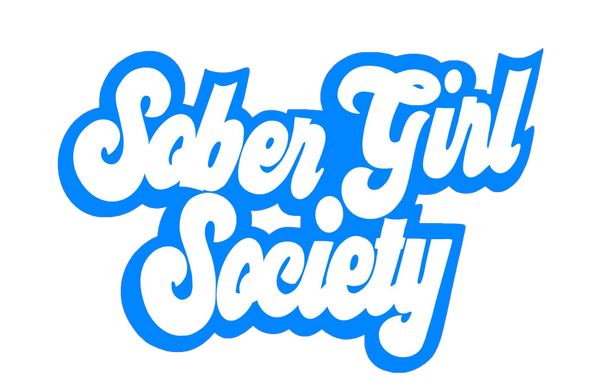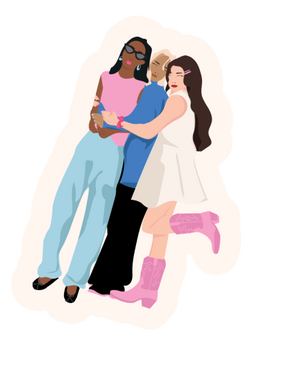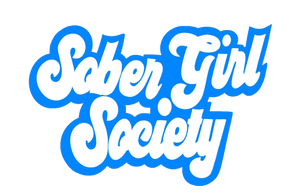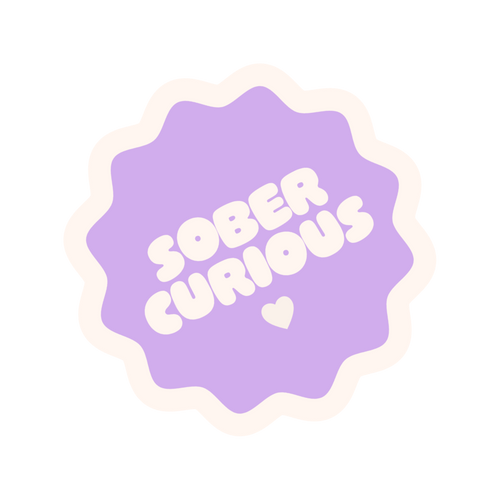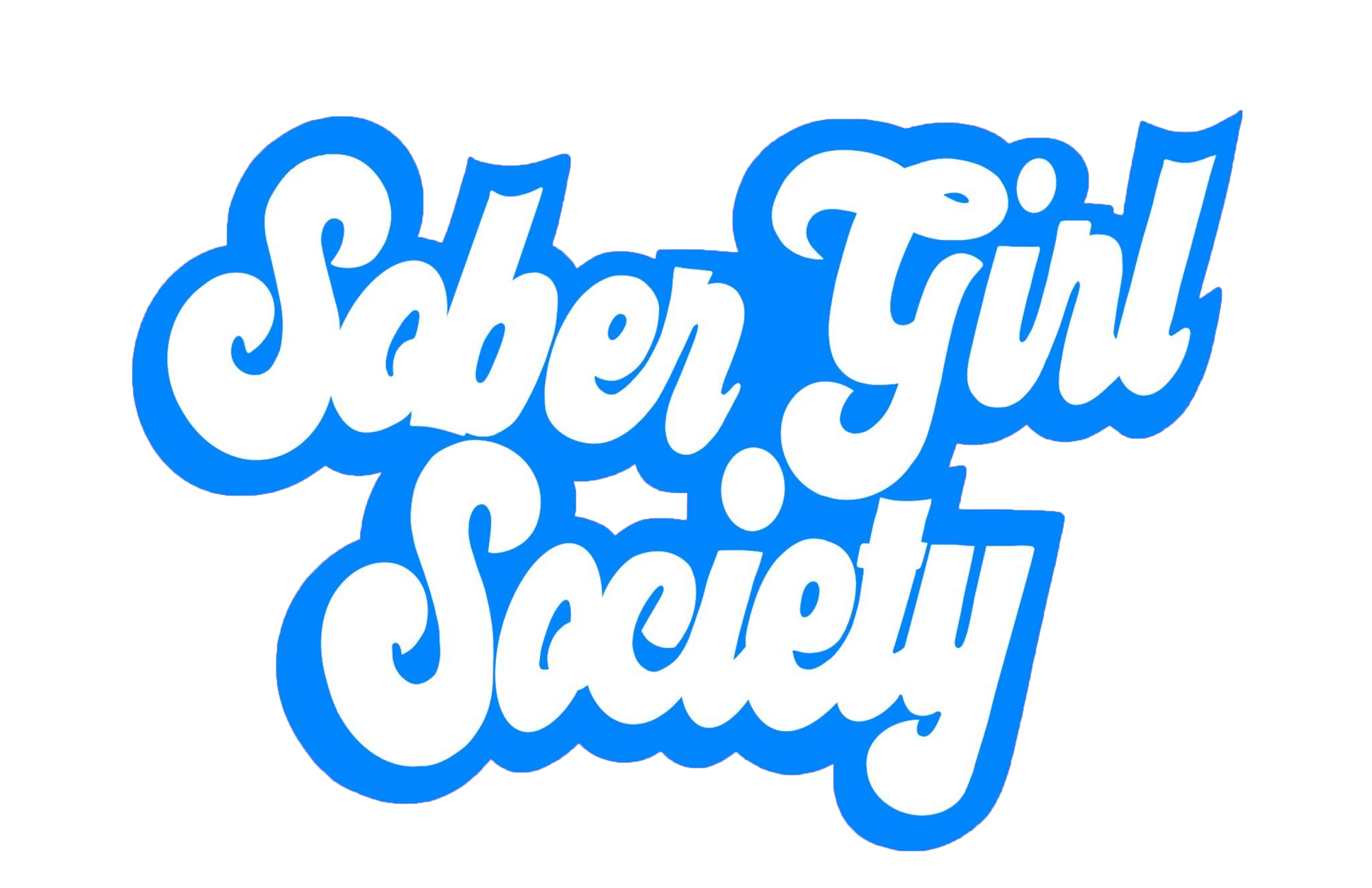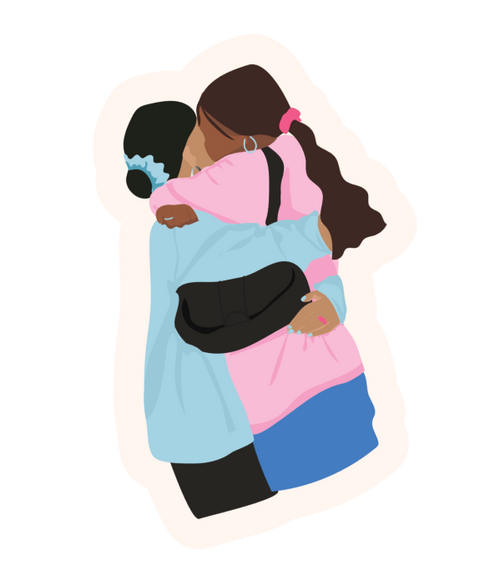How sobriety changed my life as an autistic ADHDer

In December 2022, I had a cider at a work Christmas party. It was only one drink and I had no intention for it to be my last. There was no big decision or sudden declaration that I was going to go sober, only a growing sense of unease every time I drank and a nagging feeling in the back of my head that I didn't want to drink. I had seen the effects that alcohol had, and I was becoming increasingly aware that the reasons why I drank were not ones I wished to entertain any longer.
I am autistic and I have ADHD, and I have no doubt that my relationship with alcohol has been influenced by both of these. For me, drinking was never enjoyable. I didn’t even like the taste. Alcohol served as a way to manage my sensory overload in environments that I didn’t want to be in but felt I had no choice to be. It made socialising easier to navigate. It felt like I was doing the thing I needed to do in order to ‘fit in’. It was a way of quieting the racing thoughts and the anxiety that never seemed to go away, and a way of forcing myself to do things that I didn’t feel able to do without drinking.
And then the day after drinking would arrive. I would feel horrendous, even if I’d only had one drink. I felt nauseous for days after a night out. My routine was affected because I was too exhausted to get on with my day, and structure has always been really important to me as an autistic person. I would find myself lying on my bed, unable to do anything. With this came meltdowns and a lot of tears.
Research shows that I am not the only autistic ADHDer who has struggled with the effects of alcohol. ADHD symptoms of impulsivity and inattention are exacerbated by drinking, and alcohol can have a greater impact on the quality of ADHDers’ lives (Luquiens et al. 2025). Autistic people are at higher risk of alcohol dependency and misuse (Butwicka et al., 2016), though generally autistic people report lower rates of alcohol consumption (Graham Holmes et al., 2024; Bowri et al., 2021). Those who do drink tend to report doing so to manage social events, to cope with masking, and to seek relief from sensory overwhelm (Barber et al., 2025).
These reasons were very much the case for me, and once I realised this, I didn’t like it. I didn’t like the impulsive decisions I made whilst under the influence of alcohol. I didn’t like the loud environments like bars and clubs, but I drank in order to cope with them. I didn’t like the days that followed drinking, the disruption to my routine, and the energy it seemed to consume. I wanted to start listening to myself and think about what I actually wanted. So, when - a week after my work Christmas party - I was offered a drink, I said no. That turned into another no, and then another, and here we are – I am now two years and four months sober.
It is only recently that I have started to identify with the language around sobriety and being ‘sober’. For a long time, I just said I didn’t really drink. I didn’t want the pressure of declaring my sobriety, especially when there had been no seemingly ‘big’ reason for me to give up drinking. But sobriety changed my life. And now I see that, I am proud to be sober!
Here are seven ways that sobriety changed my life as an autistic ADHDer:
1. I am generally more regulated
Meltdowns and anxiety are things that I have always struggled with, but both have reduced significantly. We know that alcohol affects the chemistry of the brain. It’s a depressant which disrupts the balance of neurotransmitters (chemical messengers), affecting feelings, thoughts and behaviour, and increasing susceptibility to anxiety and depression. I no longer have a week of low in mood and anxiety after a night out, and I am able to maintain better control over my routine. This means that I am less dysregulated!
2. I feel healthier
Alcohol can reduce our ability to absorb vitamins and nutrients like thiamine and magnesium which our brains need to work properly. My diet can be limited as I am vegetarian and somewhat selective over foods I eat because of my sensory sensitivities, so I need my nutrients! I never liked the idea of putting ethanol, a psychoactive and toxic substance, into my body, and staying away from it has made me feel healthier.
3. I feel safer
On several occasions, I had meltdowns or panic attacks in the middle of clubs and ended up in the care of paramedics. Sometimes I ran off because I was overwhelmed. Finding myself in the middle of an unfamiliar street at 2am didn’t feel very safe! I made decisions that I wouldn’t have made had I been sober, and the impact of some of those have stayed with me. I like knowing that I can think my decisions through properly and I generally feel much safer.
4. I say no more often
I used to feel like I didn’t have a choice to go to bars, clubs or gatherings. I didn’t feel I could cope with them without alcohol. Now I have to say no more often to things that I know will just cause anxiety and meltdowns. I can’t force myself into these environments anymore and I am better able to advocate for my needs.
5. I have more energy for things that I enjoy
The sensory and social environments I tended to drink in drained me of energy. This meant days or even weeks of having less energy to put into things that I actually enjoyed. Now I am able to spend more time reading and going on walks with friends, which means my life is filled with so many more positive things!
6. I spend more quality time with friends
Now I tend to see my friends during the day. I much prefer seeing people one-to-one or in a small group. We go on walks or to cafés or to the theatre. I never got to hear about their lives in a club at 2am! Now my friendships feel deeper and more authentic.
7. I am happier
As a result of the above, I am happier. I never imagined that not drinking alcohol would make such a difference to my life. If I had, perhaps it would have been a deliberate decision back in 2022!
If you are an autistic ADHDer who isn’t sober, have a think about the effect that alcohol has on your life. If you’re sober-curious, I’d encourage you to try even just a short period of sobriety. You don’t have to decide to never drink again. You can just explore what it might be like to have time away from drinking and observe the impact it has on your well-being, health and happiness. You never know – you could find that sobriety changes your life for the better! The most important thing is to listen to yourself and put your needs first. You are important and your well-being matters!
Written by Emily Katy
Emily Katy is the Sunday Times Bestselling author of ‘Girl Unmasked: How Uncovering My Autism Saved My Life’, a blogger and Trustee of the charity Autistic Girls Network. She talks and writes about autism, ADHD and mental health. You can find her at @ItsEmilyKaty on Instagram and LinkedIn, as well as at her website Authentically Emily.
